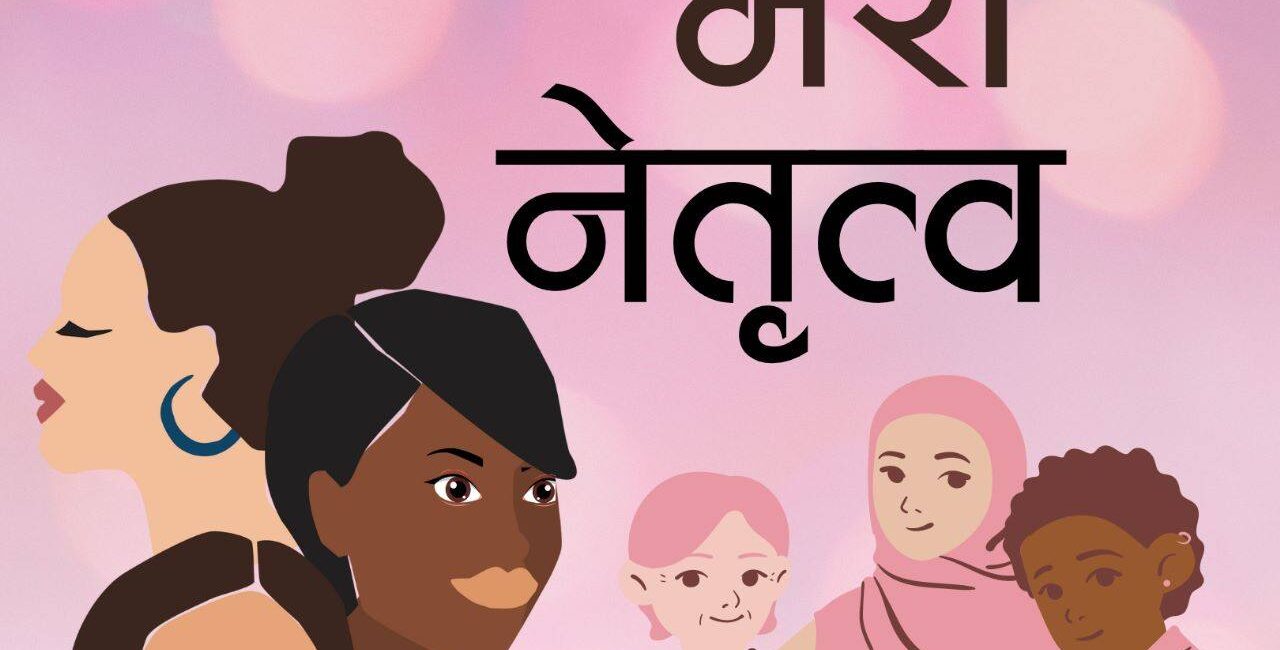In conversations about leadership in Nepal, the image we often see is overwhelmingly male—Prime Ministers, ministers, mayors, and party leaders. Yes, Nepal once had a woman President, but today, leadership spaces have reverted to being dominated by men. Women, when present, are often tokenized—added in minimal numbers to preserve a semblance of inclusivity, rather than being embraced as powerful agents of change.
Even when we talk about inclusive leadership, it often feels like an act of charity, not a commitment to justice. This reality is starkly evident during elections, where political parties begin showing reluctance from the very first step: issuing tickets. Despite Nepal’s Constitution prioritizing inclusion and the Election Commission’s continuous pressure, only in 2017 did local elections mandate at least one Dalit woman ward member and either a woman mayor/chairperson or deputy. These changes, while crucial, were not born of proactive political will—but through imposed obligation.
But the national stage tells an even harsher story. At the federal level, particularly in the House of Representatives, getting a ticket as a woman candidate remains a steep uphill battle. Even when women are included through proportional representation, parties still hesitate to field them in the direct elections. In the 2022 House of Representatives elections, many competent, willing women politicians were denied direct tickets. Only a handful received them, and fewer still won—just five women made it through direct elections.
In response to this deeply unjust reality, we launched a powerful campaign during the 2022 federal elections:
Mero Netritwa Kina — Why My Leadership Matters.
Our mission was simple yet profound: to amplify the voices of women candidates—regardless of their political party, age, or background. Whether seasoned politicians or first-time candidates, our focus was on visibility, storytelling, and solidarity. We wanted them to win, to be seen, and most importantly—to be heard.
As storytellers and digital campaigners, we chose our strength—visual storytelling. We created a docu-series-style video campaign featuring 17 women candidates from both the federal and provincial levels. Some we met in person, others recorded and sent their voices to us. Despite the political fatigue and systemic exclusion they faced, these women radiated energy, hope, and the powerful desire to shout:
“This is why my leadership matters!”
Many had faced indifference from their own parties. Some had spoken up countless times, only to be ignored. Yet, their resilience remained unshaken. Through their voices, we saw not just frustration—but fierce purpose.
This campaign was more than content creation. It was a political statement. A digital resistance. A celebration of courage.
In a democracy we dream to deepen, in the inclusive governance we strive for, these voices matter. Their leadership matters. And it’s not just about the 2022 elections—this campaign is a seed for 2027 (2084 BS). We envision a future where inclusive leadership is not a forced obligation, but a celebrated norm.
Let this campaign echo across provinces and parties. Let it remind us:
Representation is not symbolic. It is transformative.
Mero Netritwa Kina? Because democracy without us is incomplete.








